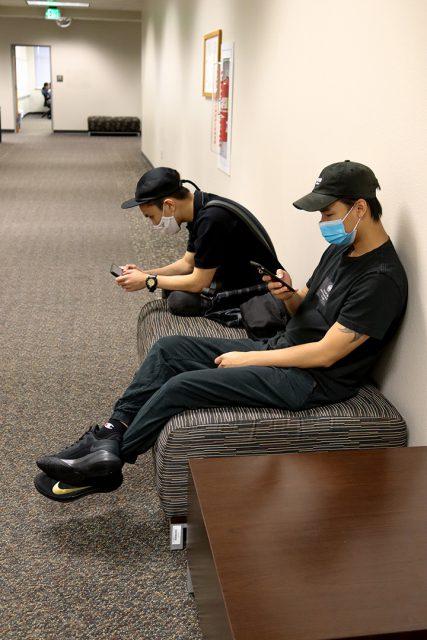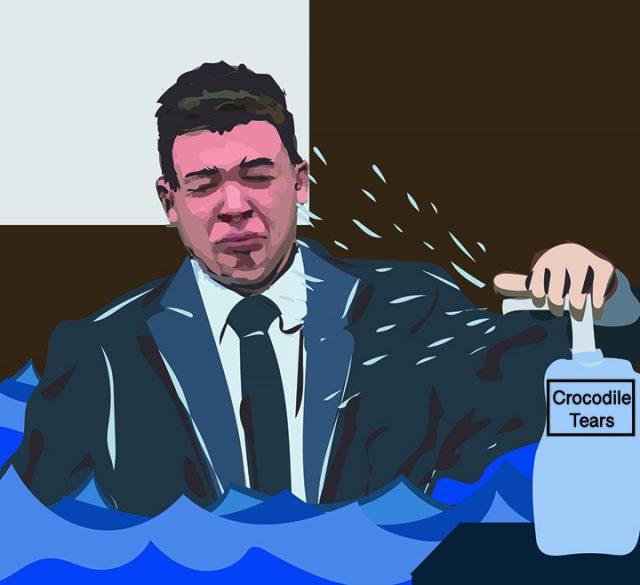Logan Evans
managing editor
Sometimes, the best way to snuff out the worst thoughts in your head is by giving them a voice.
Like a nasty mold, bad thoughts grow best in the dark, locked up in the damp attic of the brain. They look ugly and feel strange to the touch, so we tend to ignore them. We turn off the lights and we don’t tell a soul about them, however damaging they might be. Because telling makes them real.
But then, when we start to feel their tendrils reaching down from the attic door into the comfortable living spaces of our heads, they become real anyway.
Seventy five percent of college students who suffer from mental illness fail to seek the help they need, according to Healthline. While the longstanding stigmas against therapy and professional counseling have declined in recent years, there still exists a significant portion of young people who feel uncomfortable shedding light on their troubled thoughts.
It’s hard to be vulnerable, stigma or not, but giving yourself over to guided therapy is one of the most important things a person can do when trying to understand themself.

Katherine Peters takes time to study in the South Campus library. Some students think they do not have enough time to study because of their class schedules and their jobs.
TCC provides students with several options for on-campus and off-campus counseling and crisis services, many of which are detailed under the “Support Services” page of the TCC website. While it’s important for students to be familiar with the resources available to them, it’s just as important to be willing to let those resources help.
The simple act of putting troubled thoughts into words can work wonders when trying to understand the beautiful and complicated thing that is the mind. Don’t be afraid to feel. There are dark corners in all of us that have either not been explored or have been intentionally neglected, and walking through them with an objective, trained professional can demystify that darkness.
Often, we get so consumed by our own thinking that we start to bend our own reality from within — something called cognitive distortion. Speaking with a therapist can help you make better sense of this warped perspective. Working through your thoughts out loud can help you understand the hurt you might feel, the hurt you might have caused, and give you a clarity you might not be able to reach alone.
When we put physical voice to the negative thoughts in our heads, however jumbled and confusing they might be, we find that those thoughts are just another part of us — not some wicked force to be hidden away, but a working part of our soul to be nurtured and understood.




































